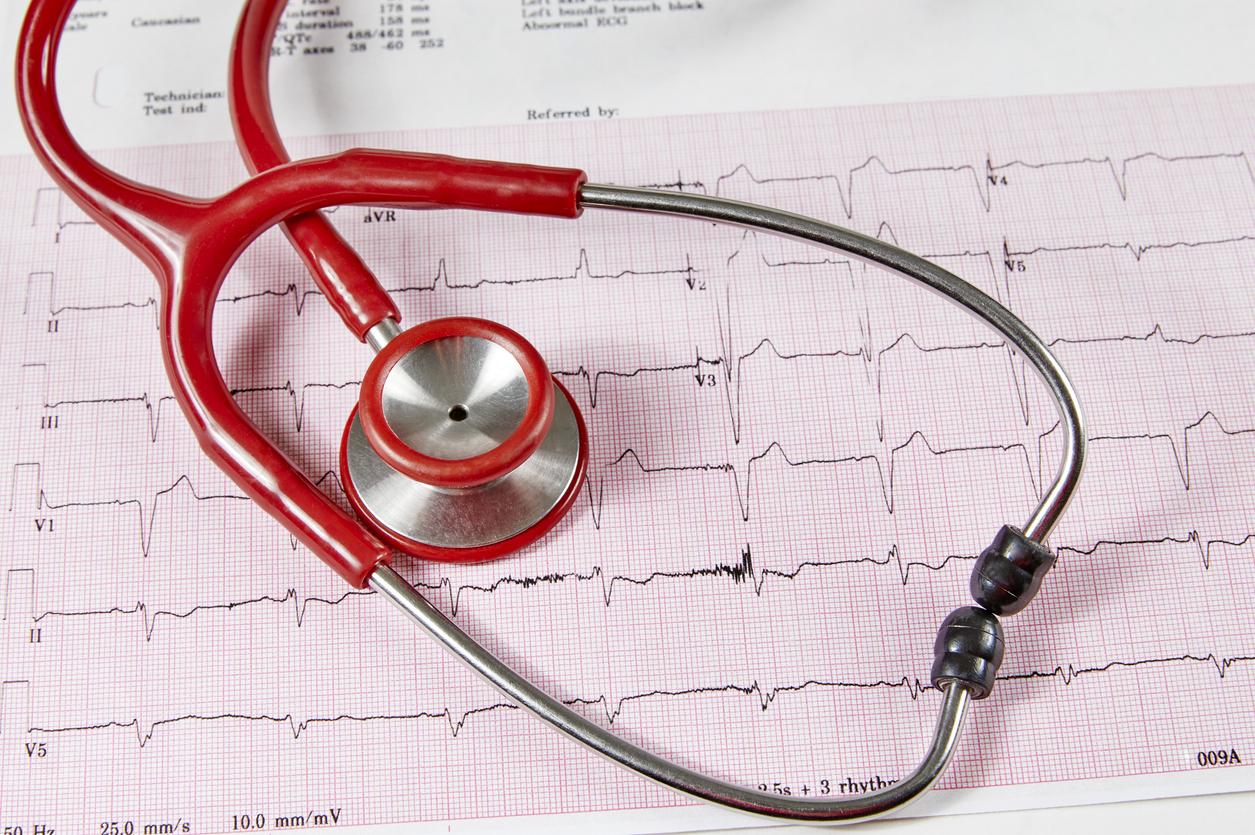All patients at high risk of atrial fibrillation should be screened by their treating physician to prevent a possible stroke, according to a team of European researchers.

- People who suffer from atrial fibrillation are up to five times more likely to have a stroke than others. Problem is, the heart disorder, which often has no symptoms, is rarely diagnosed before the worst happens.
- According to a new study, all high-risk patients – for example those with heart failure or who have already had a stroke – should therefore be screened for atrial fibrillation as soon as they visit their GP.
- Prevention through screening constitutes “an imperative to reduce the risk of morbidity and maintain a good quality of life”, according to the authors of the study.
Atrial fibrillation, which results in an accelerated heartbeat, is the most common heart rhythm disorder worldwide. People who suffer from it are up to five times more likely to have a stroke than others. Problem is, the heart disorder, which often has no symptoms, is rarely diagnosed before the worst happens.
This is why all high-risk patients – for example those with heart failure or a previous stroke – should be tested for atrial fibrillation as soon as they visit their GP, ‘after a series of studies carried out in particular by the European Society of Cardiology (ESC).
Screening for atrial fibrillation “almost as important” as cancer screening
To reach this conclusion, the consortium of researchers brought together under the project called AFFECT-EU (of which the ESC is part with 25 other partners) relied on three separate studies. The first, a recent meta-analysis carried out among some 35,800 participants, highlighted “the ability of atrial fibrillation screening to reduce stroke”can we read in a communicated. The second survey, carried out in 11 European countries, showed that “Most atrial fibrillations were detected in patients with symptoms.”
According to the third study, conducted across 18 countries, “screening for atrial fibrillation was almost as important as screening for common cancers”, says general practitioners. And for good reason, “a five-minute blood test” with your doctor is enough to identify the disease and prescribe it early “anticoagulant medications to prevent stroke”, and thus save lives. Not to mention that “saves stroke costs”.

Atrial fibrillation: the importance of screening for high-risk patients
The results of the studies also made it possible to identify the main risk factors for atrial fibrillation or stroke, such as increasing age, obesity, high blood pressure or high blood levels of B-type natriuretic peptide (BNP). ), which are commonly tested to diagnose heart failure. The patients “suffering from at least one of these risk factors should therefore be screened as a priority”.
“People with atrial fibrillation are more likely to be seriously disabled or die from stroke or heart failure than those without atrial fibrillation, making prevention imperative to reduce the risk of morbidity and maintain a good quality of life”conclude the researchers.
















